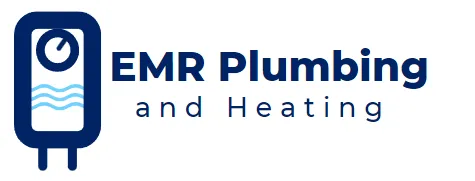Water Heater Repair:
Essential Troubleshooting Tips
Tired of dealing with annoying water heater problems that seem to break the bank? We've got your back. Our guide offers practical tips and smart repair advice to help you troubleshoot typical water heater issues like a pilot light that won't stay lit or sudden leaks. And if you need repair services or simply want to keep your system in top shape, we've got you covered. Say goodbye to the headache and hello to worry-free hot water.

How does a water heater work?
Efficient and uncomplicated, the method behind a water heater is easy to grasp. Once you turn on a hot water faucet, cool water enters the tank to be heated by electricity or gas. From there, the heated water flows out and to your tap. As you use the hot water, the tank replenishes itself and the process repeats. With a basic understanding of how a water heater works, you'll be able to handle any potential problems that arise with ease.

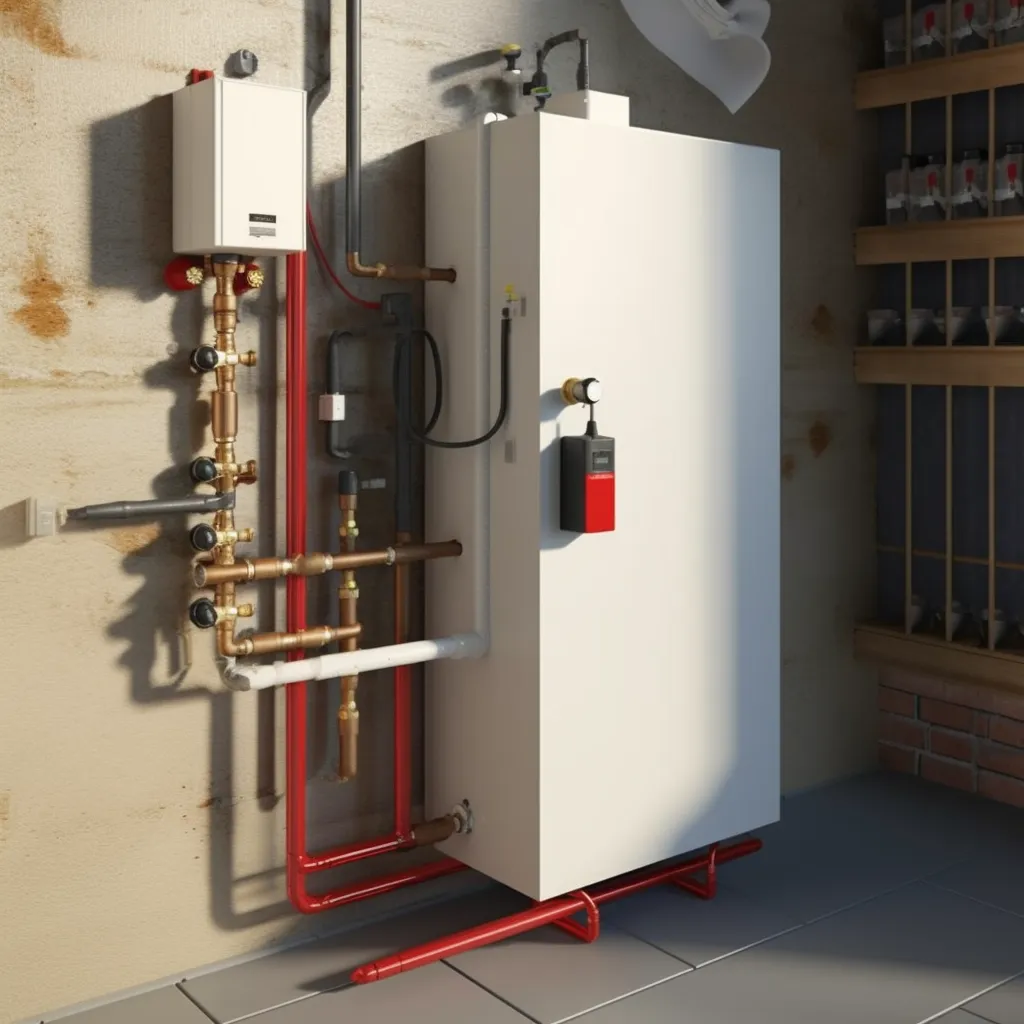
To avoid breakdowns, proper water heater maintenance is essential
Say goodbye to the dreaded experience of a cold shower caused by a broken water heater. By taking a few simple maintenance measures, you can ensure long-term benefits for your machine and peace of mind for yourself. Annual draining and flushing of your water heater will prevent sediment buildup and extend the lifespan of your unit. Don't forget to inspect the temperature and pressure relief valve - not only will this ensure efficient functioning, but it will also guarantee safety. With these easy upkeep practices in place, you'll have hot water whenever you need it.
What are common signs a water heater
needs to be repaired or replaced?
Don't suffer from cold showers! Water heaters are vital for a steady supply of hot water, but they won't last forever. Stay ahead of the game by keeping an eye out for telltale signs that your water heater needs fixing or replacing. Look out for these signs and swiftly search for "water heater repair near me" for peace of mind. Here are the signs:
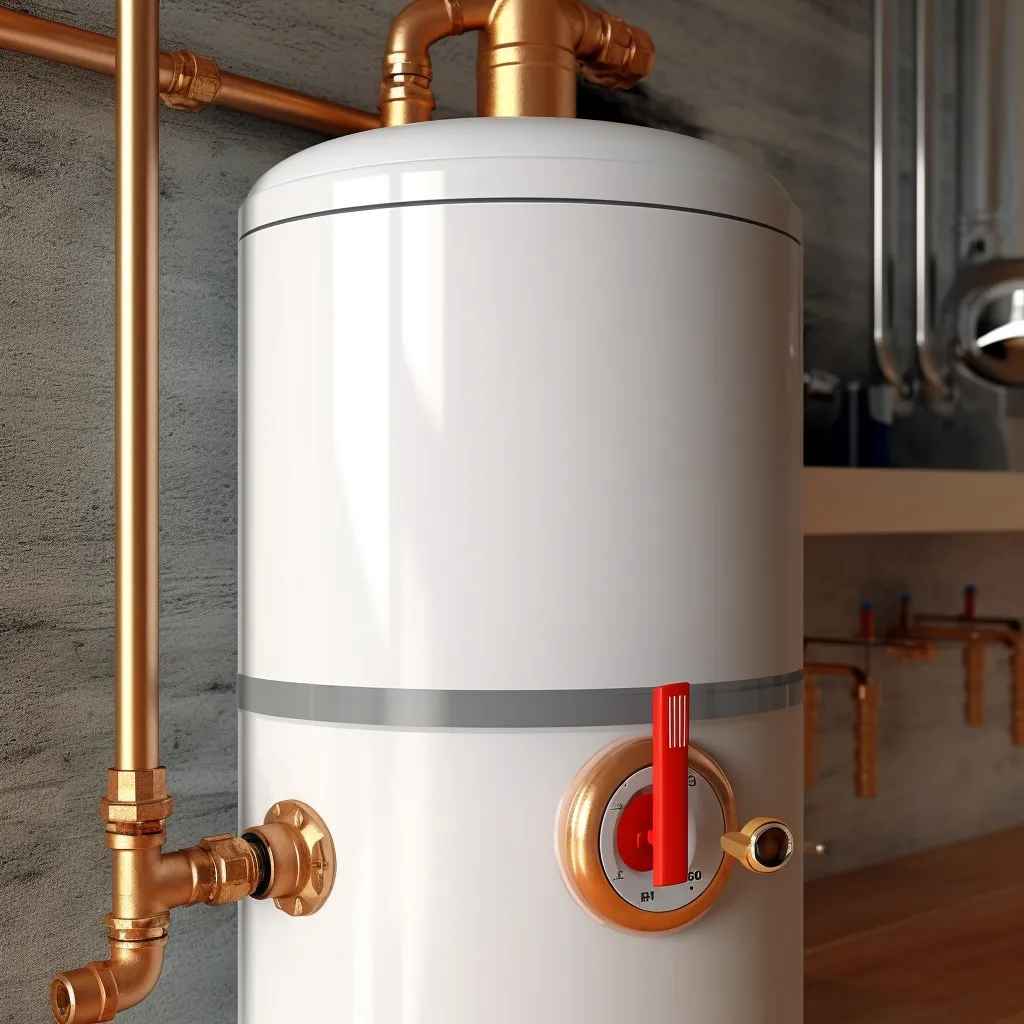
Is hot water not coming out of the tap? Check for a clogged pipe or a faulty heating element.
No hot water at all? It could be a thermostat issue or malfunctioning internal parts.
Have you noticed a leak? A broken valve or pipe could be to blame and needs prompt repairing.
Discolored water? It's a sign of corrosion in the tank and requires immediate replacement.
Are banging or rumbling noises coming from the heater? It might be sediment build-up, requiring immediate attention.
Don't let your water heater catch you off guard - learn to spot the signs of trouble before it's too late! Acting quickly to address any warning signals can help you avoid a total system breakdown down the line.
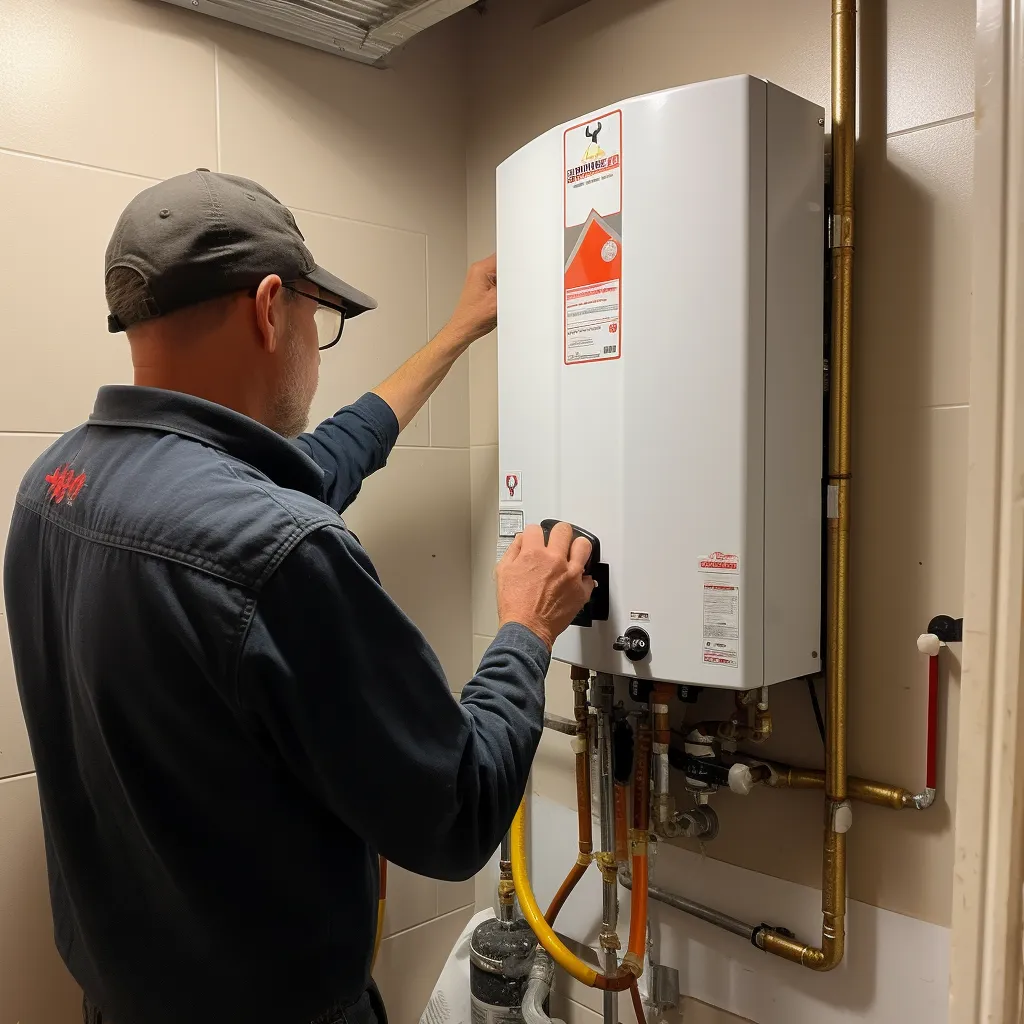
What are the possible causes of water heater malfunctions?
Stay warm all winter long by keeping your heater in tip-top shape. Dodgy thermostats, electrical issues, and sediment build-up are just a few reasons why your heater may malfunction. While some minor issues can be handled on your own, a malfunctioning heater could be a sign of underlying issues with your home's systems. Don't get caught in the cold! Regular maintenance and being mindful of warning signs can help you avoid unexpected breakdowns and ensure seamless heating.
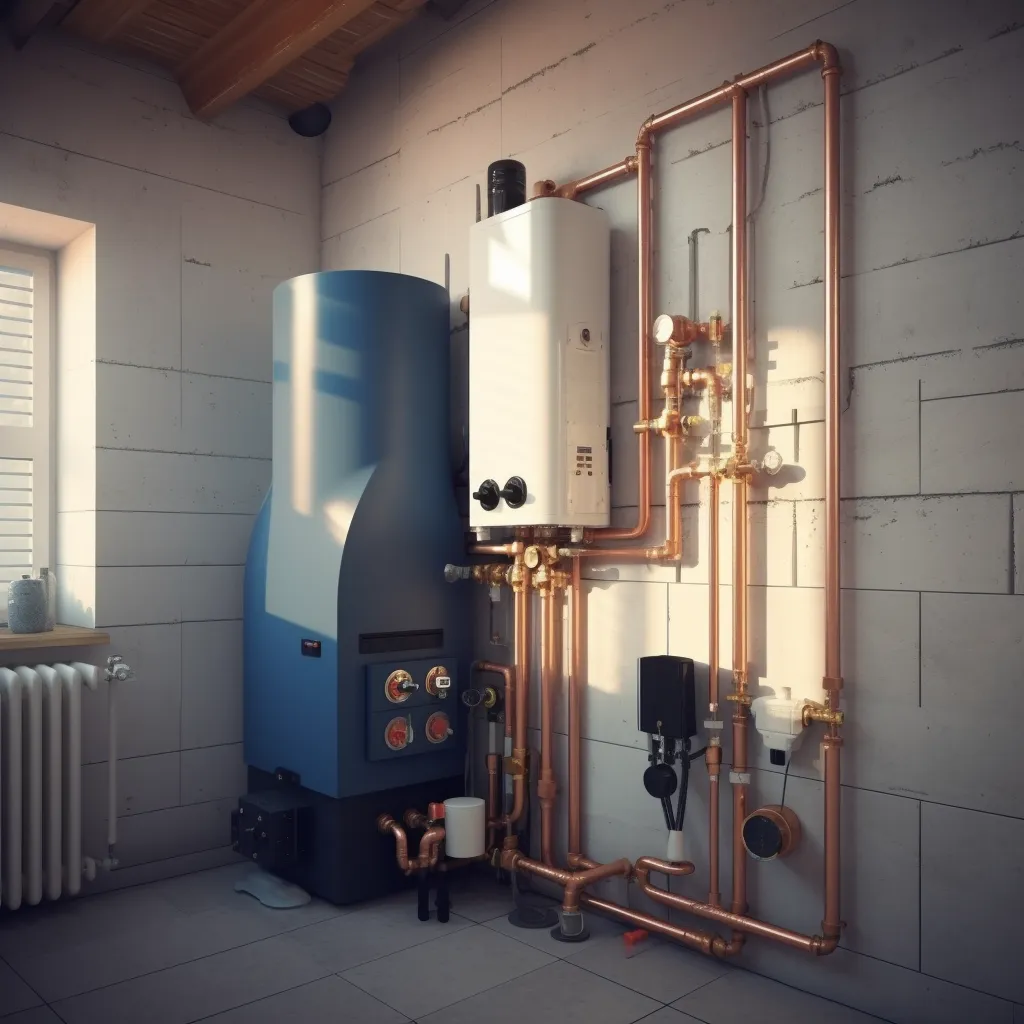
Check the temperature setting on your water heater
Protect yourself and save energy by checking your water heater temperature. High temperatures can cause skin scalding and energy waste, while low temperatures mean insufficient hot water. Don't fret! Optimizing the temperature is quick and secure, ensuring your comfort and convenience in the future. The Department of Energy recommends 120°F (49°C) for the ideal temperature, promoting peak efficiency and safety.
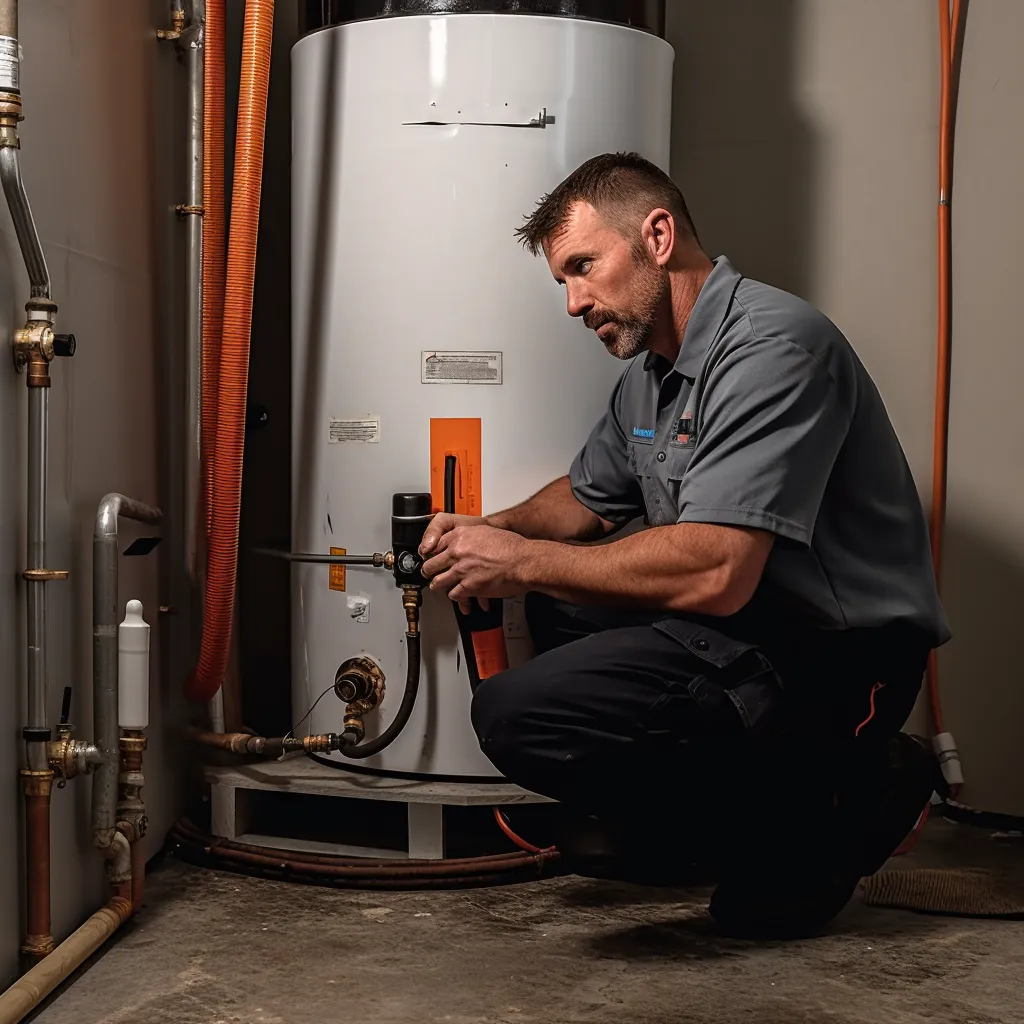
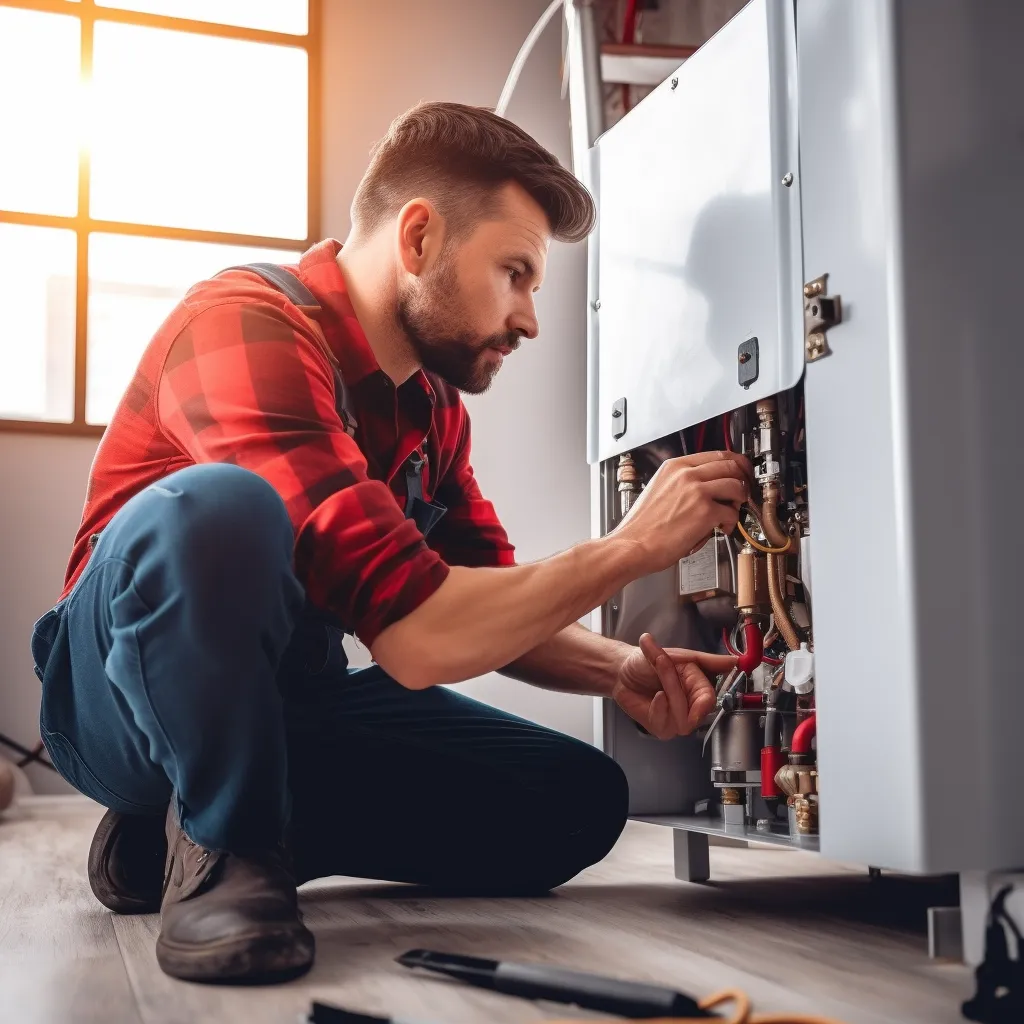
Perform regular
visual inspections
Performing regular visual inspections of your water heater is crucial for maintaining its efficiency and detecting potential problems early on. By conducting routine visual inspections, you can easily identify signs of leaks, corrosion, or any unusual wear and tear. Timely attention to minor issues helps prevent them from escalating into major complications, thus saving you from costly repairs or the need for a replacement. Moreover, these inspections offer peace of mind, knowing that your water heater operates safely and efficiently. Incorporate visual inspections into your regular home maintenance routine to ensure your water heater stays in top condition and extends its lifespan.
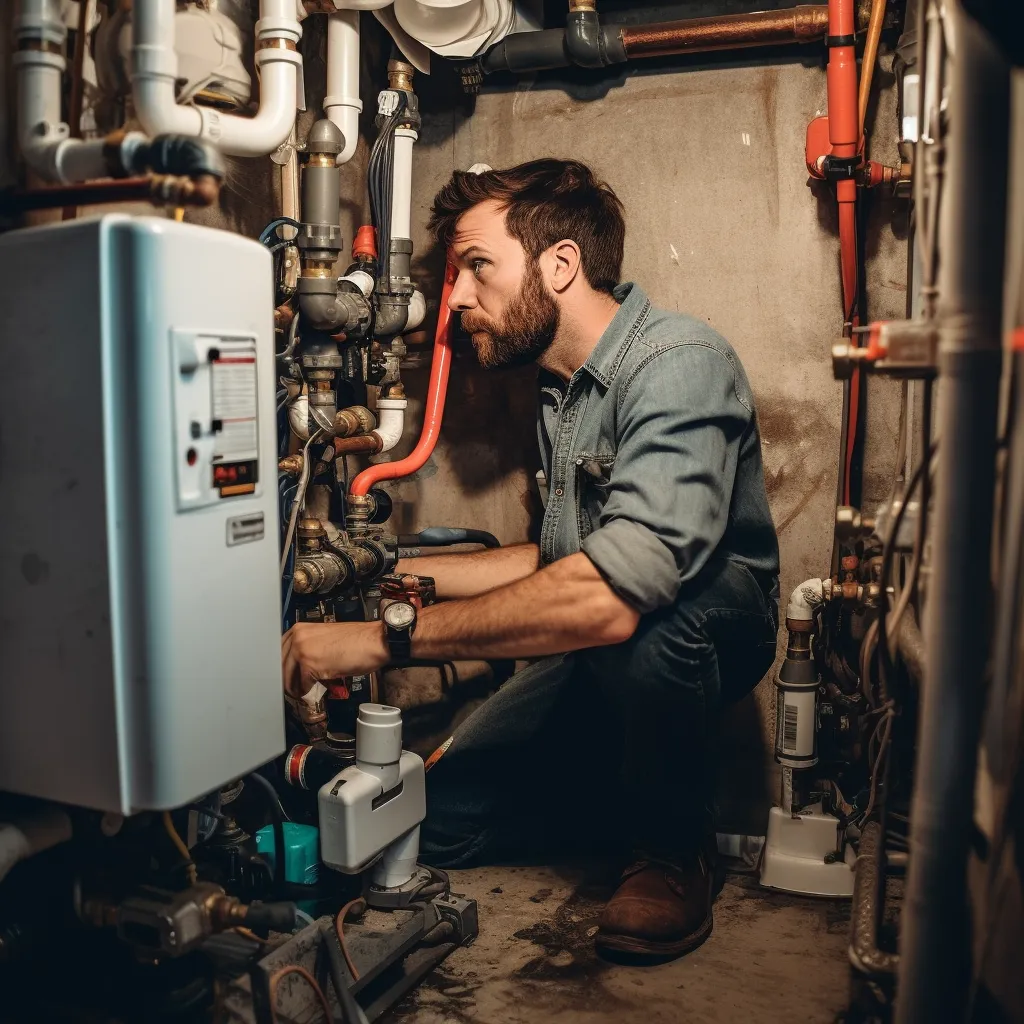
Test the water heater pressure relief valve
to make sure it works
Regularly testing the pressure relief valve of your water heater is essential for maintaining the safety and functionality of your water heating system. The pressure relief valve serves the important role of releasing any excessive pressure in the tank, effectively preventing the possibility of explosions or damage to the unit. It is crucial to periodically test this valve to ensure that it functions correctly and can effectively relieve pressure when required. By carrying out this simple maintenance task, you can avoid potentially dangerous situations and prolong the lifespan of your water heater.
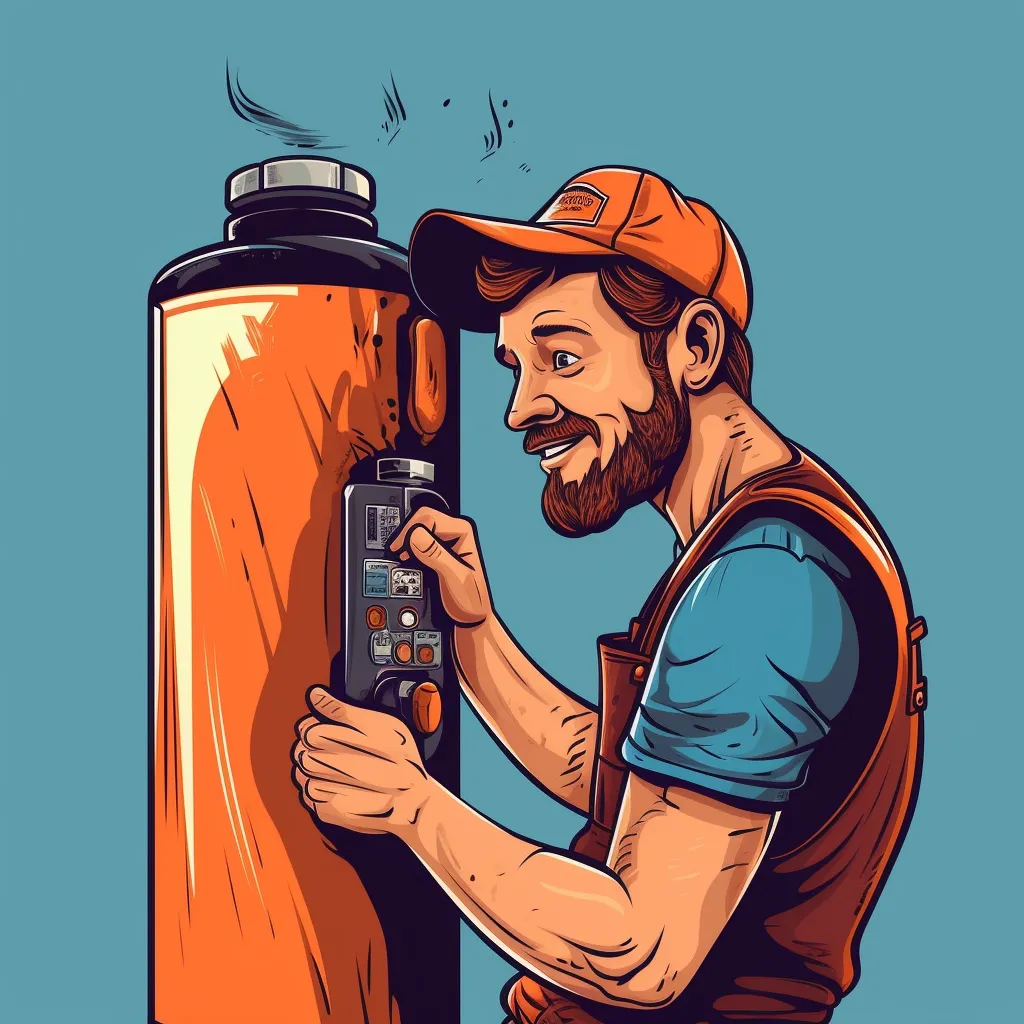
Check for signs of rust and corrosion
around the water heater tank
Performing routine inspections on your water heater tank is crucial for effective preventive maintenance and reducing the chances of leaks and accidents. While rust and corrosion may not always be immediately apparent, their presence can cause significant problems if ignored. To ensure your water heater receives the necessary care and attention, make these inspections a priority. By proactively identifying and addressing any rust or corrosion, you can effectively prevent potential leaks and prolong the lifespan of your water heater. However, it's important to note that dealing with rust and corrosion requires the expertise of professionals. If you notice any signs of rust or corrosion during your inspection, it's best to seek the assistance of skilled professionals.
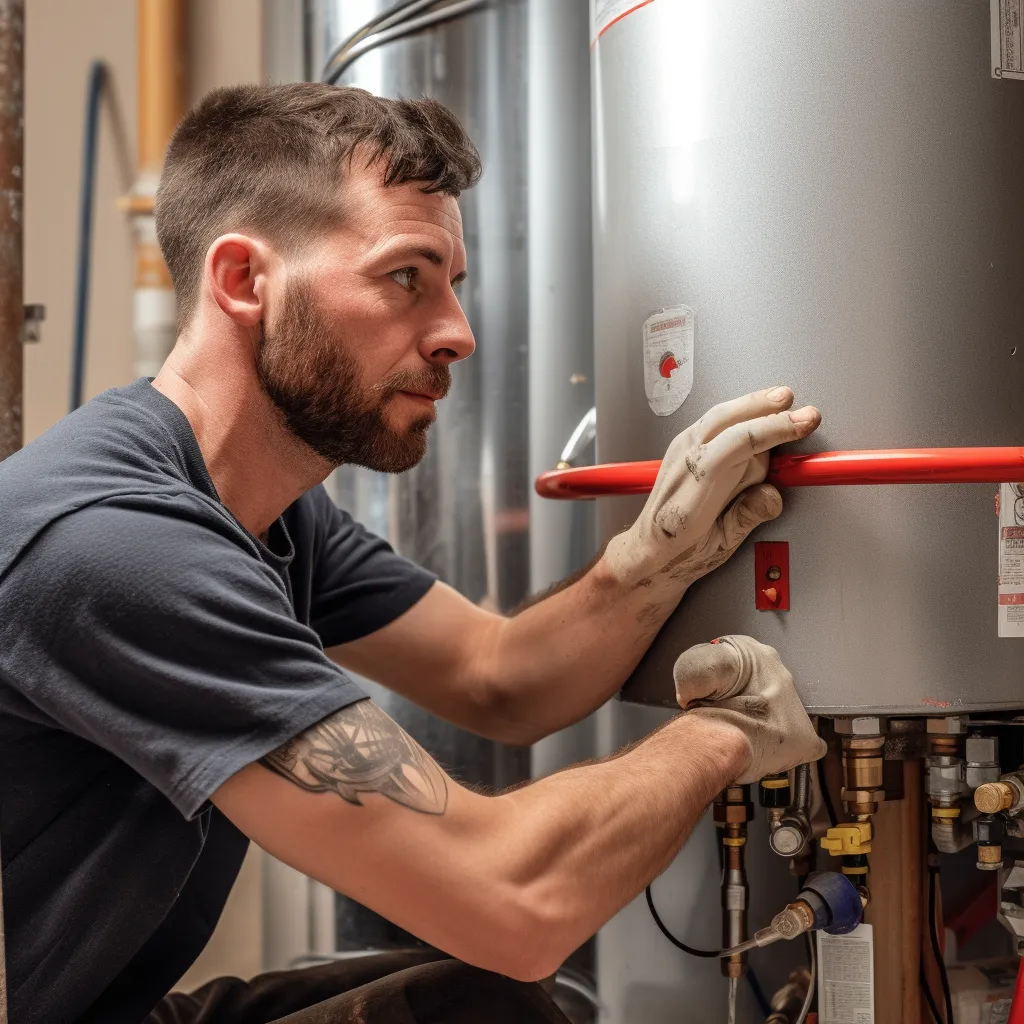
Water heater connections should be tight and secure
Having tight and secure water heater connections is essential for the safety and efficiency of your system. Leaks caused by loose or improperly connected fittings can result in water damage and potential hazards within your home. To prevent such problems, it is important to regularly inspect and tighten the connections. Make it a habit to periodically check the fittings and tighten them as needed. If you are unsure about the correct procedure for tightening or if you notice any signs of leakage, it is strongly recommended to seek the help of a professional plumber. They can ensure that the connections are properly fastened and promptly address any concerns or problems that may arise.
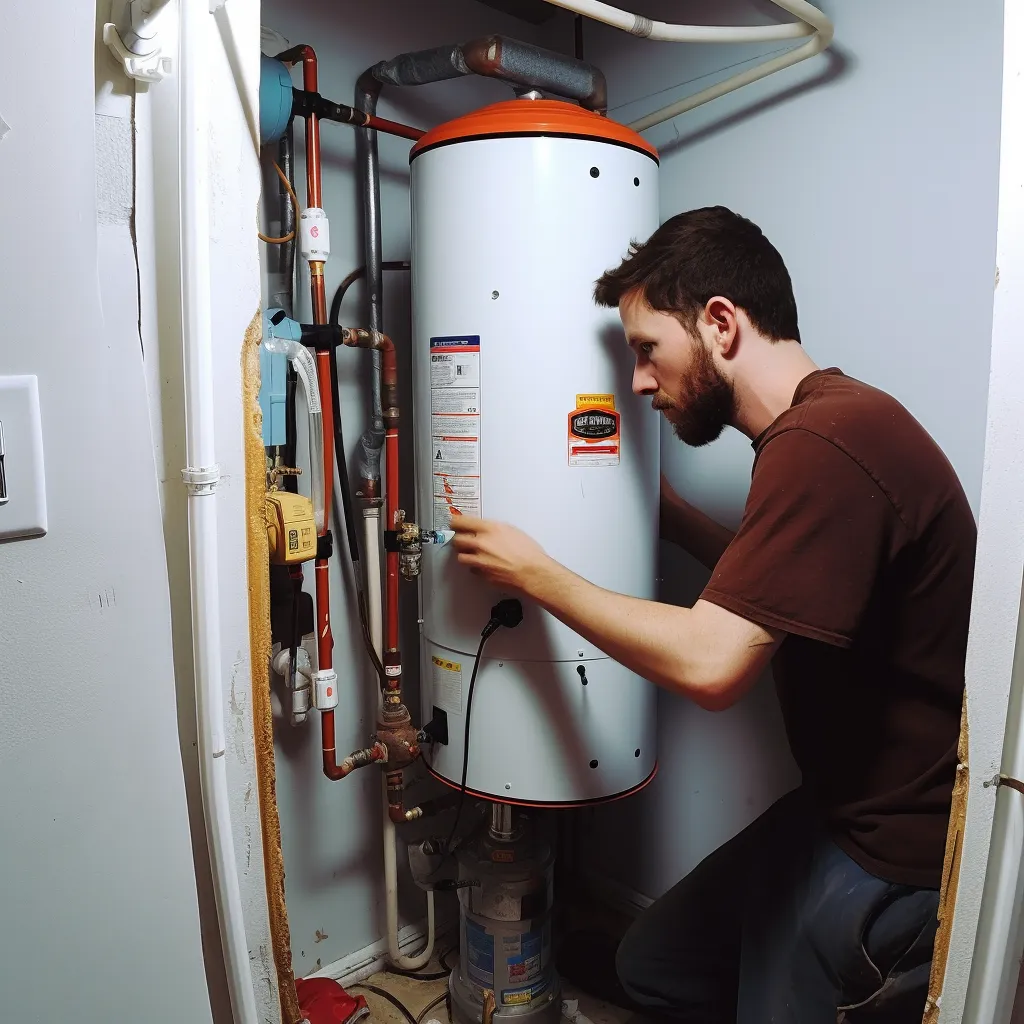
Keep the water heater and pipes free of sediment buildup
Don't let sediment buildup in your water heater cause costly issues, such as decreased hot water supply and high energy bills. Easily avoid these problems by routinely cleaning your water heater. This uncomplicated maintenance task can significantly lower your energy expenses and keep your water heater running at peak performance. Never worry about running out of hot water again with a well-maintained water heater.

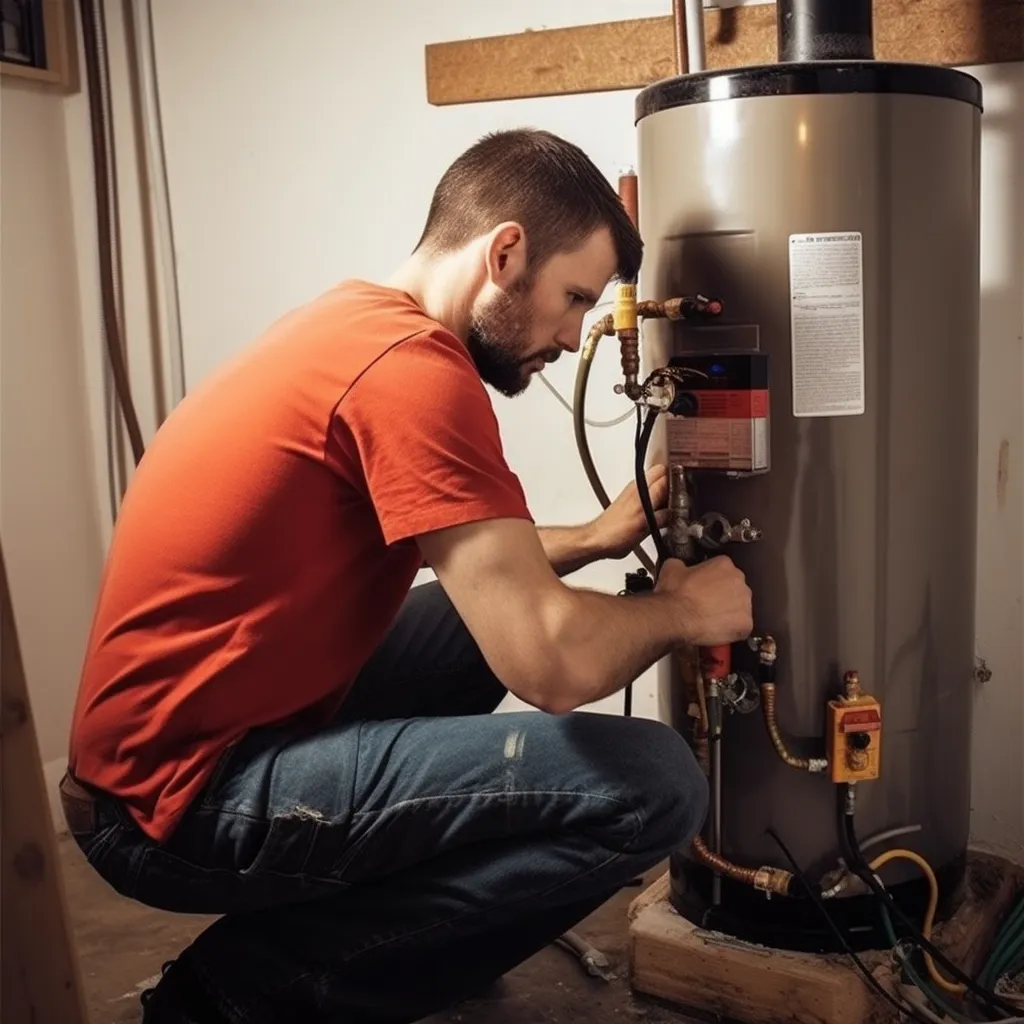
Keep the water heater burner assembly clean
Maximize your water heater's efficiency and lifespan with regularly cleaning its burner assembly. Over time, dust and debris can build up and cause costly repairs and increased energy usage. Don't let a neglected water heater drain your wallet – keep it clean and running at its best.
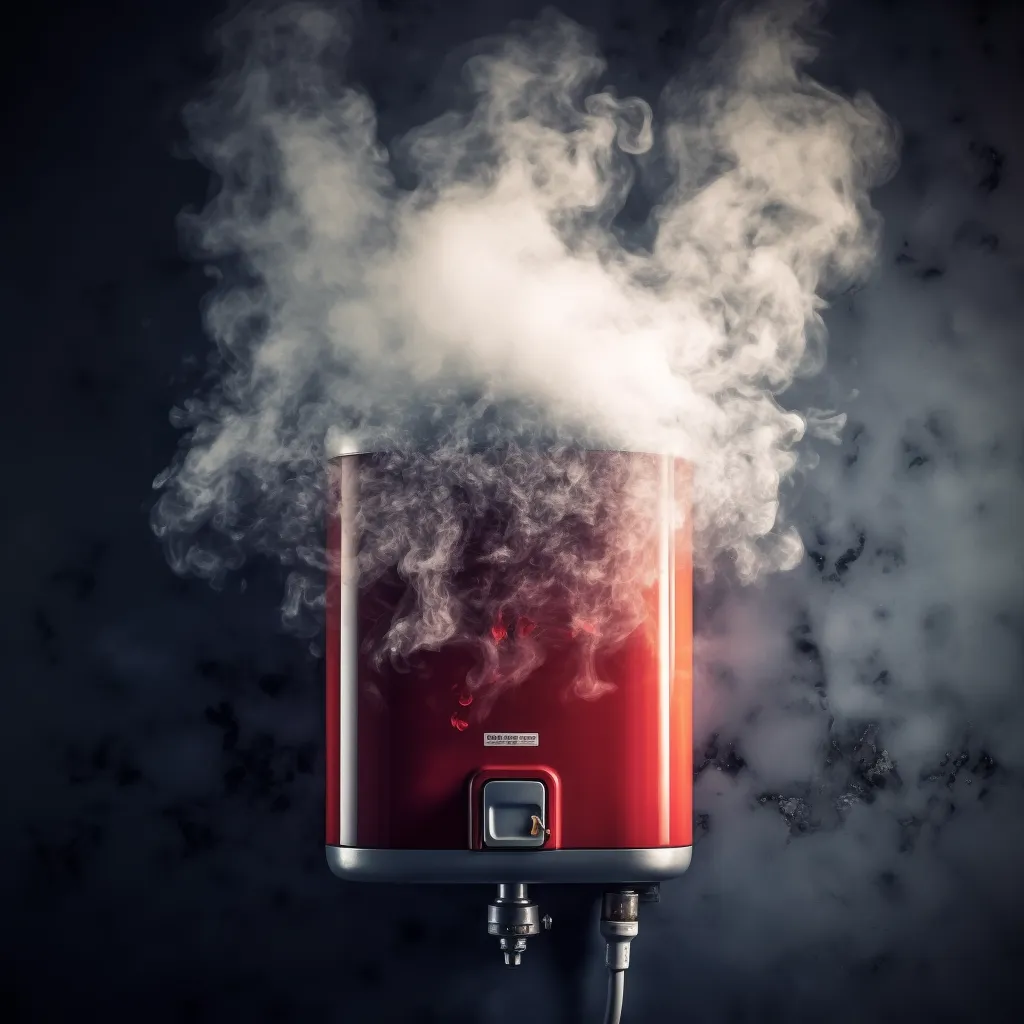
Check out the variety of water heater options available and learn how to keep each type in tip-top shape
Homeowners should be aware of the types of water heaters available and their maintenance requirements:
Gas water heaters: Schedule an annual tank flushing to remove sediment build-up.
Electric water heaters: Consider replacing the anode rod depending on age and condition.
Tankless water heaters: Descale every few years to maintain heating elements.
Solar water heaters: Get an annual check to ensure panels and components are functioning well.
Condensing water heaters: Yearly maintenance checks for corrosion and other issues are necessary.
Smart water heaters: Might require software updates and firmware changes.
Heat pump water heaters: Annual inspections can detect excess heat and other concerns.
Don't wait for problems to arise; be proactive with maintenance. Knowing your water heater type and specific needs will help you extend its life and keep it in tip-top shape.
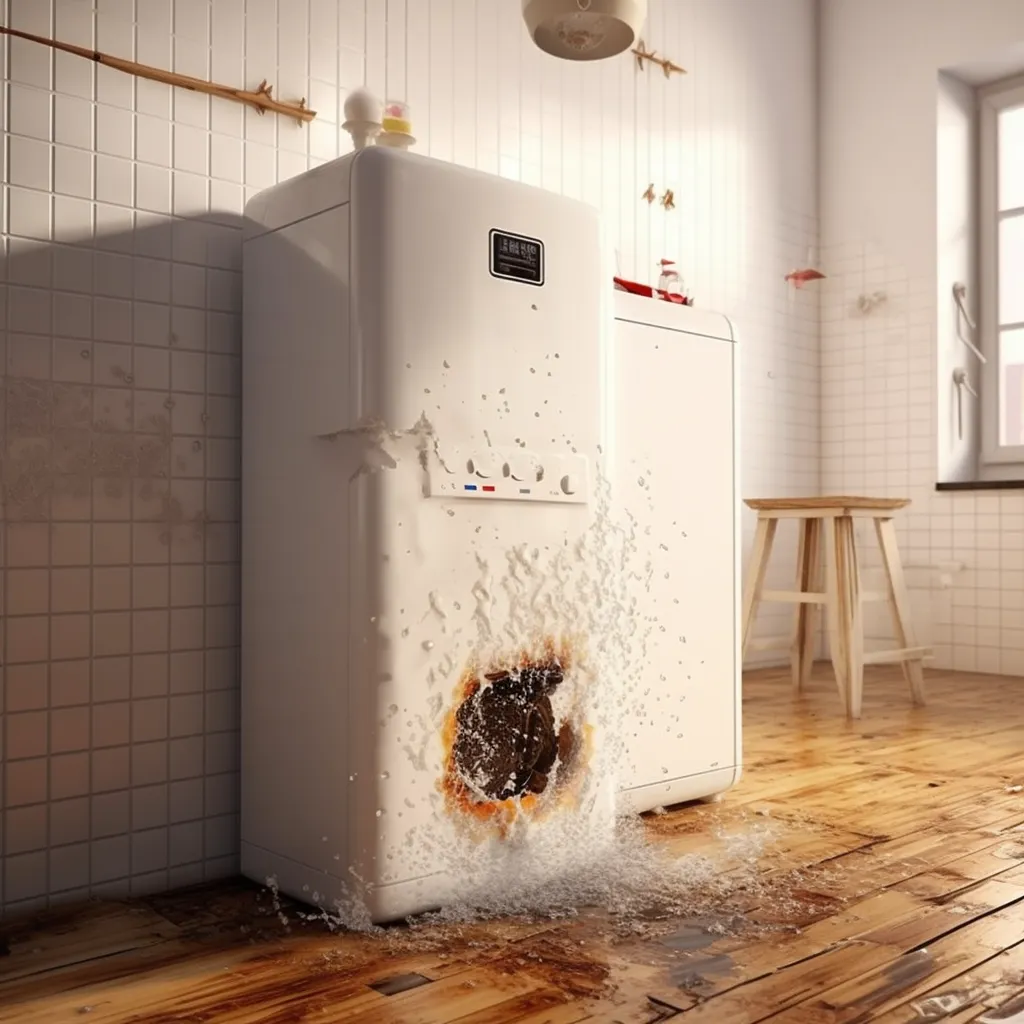
Troubleshooting tips
to help you identify
water heater problems
Are you facing issues with hot water temperature or strange noises in your water heating system? Don't worry, before calling a professional, try out some simple troubleshooting methods to potentially solve the problem yourself. Malfunctioning heating element, faulty thermostat or sediment accumulation may be the culprits. Follow some basic troubleshooting techniques to diagnose and potentially fix the issue independently, saving you both time and money.
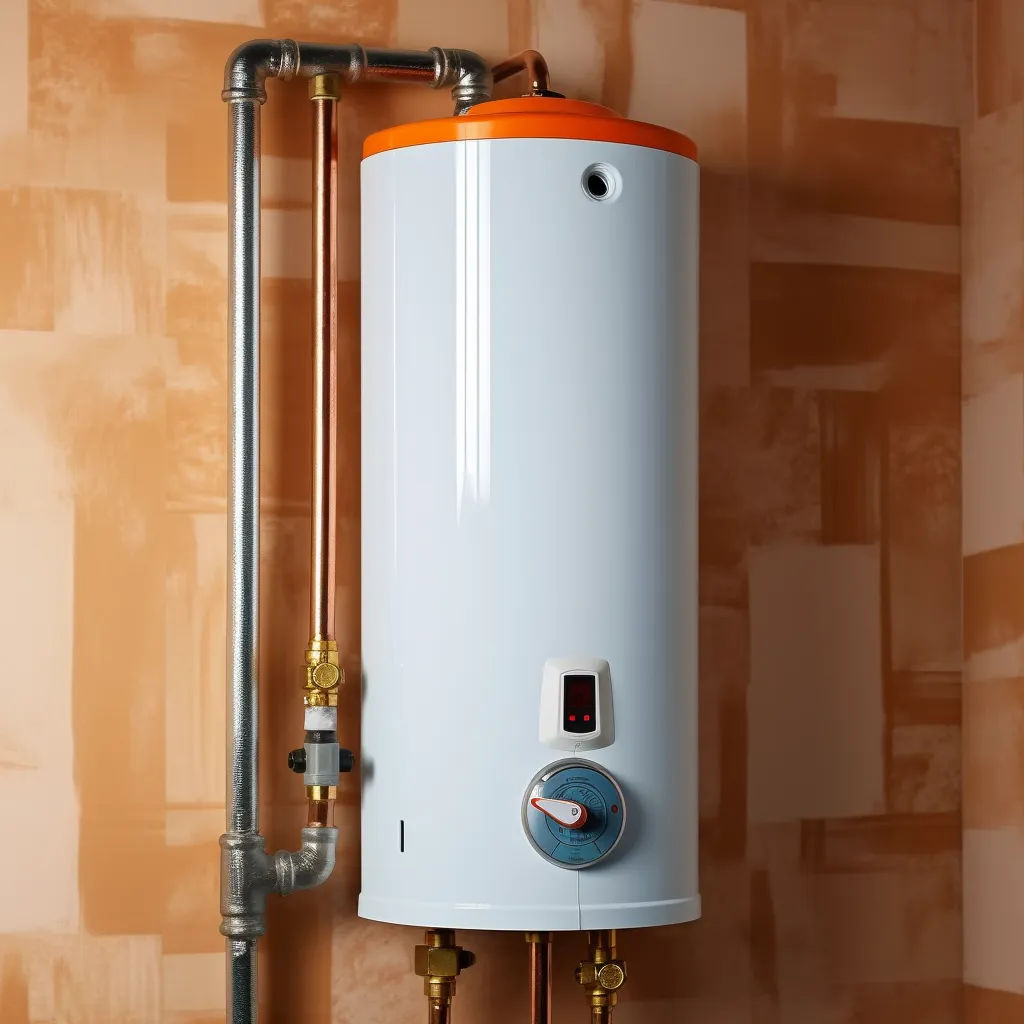
Benefits of hiring a licensed water heater professional
Don't risk your safety and comfort if your water heater is damaged or faulty. Get help from a licensed plumber who has the expertise to do the job right. Benefits of working with a licensed professional include:
Keep your water heater running smoothly with our comprehensive suite of services. We offer everything from installation by certified pros to expert repairs, replacements, and maintenance.
Our troubleshooting and personalized advice will ensure you're choosing the right system for your home. Count on us for top-quality care and reliable support.
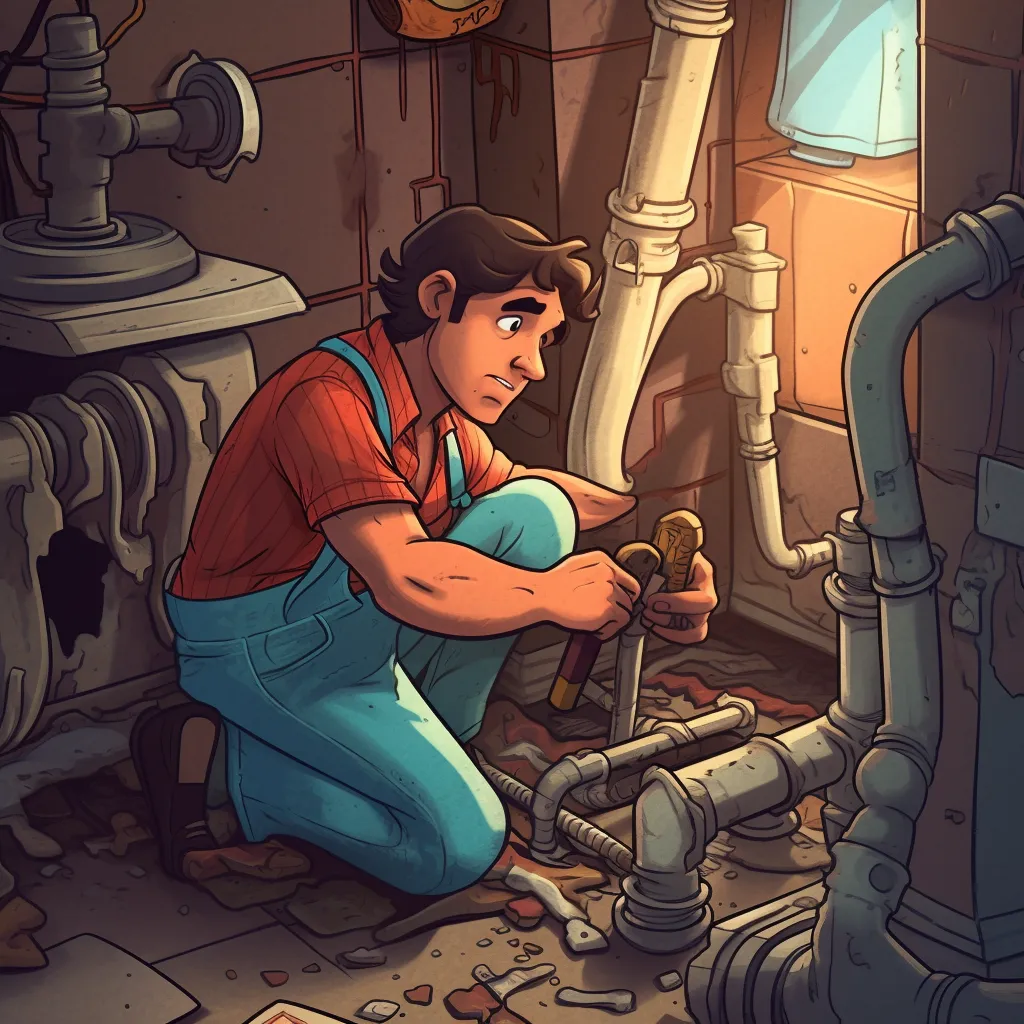
Research is important
Save time and money by maintaining your water heater properly. Keep an eye out for issues and investigate the causes of malfunction. Monitor the temperature and pressure, check for rust and corrosion, secure your connections, and avoid sediment buildup in the tank and pipes. Learn about the different types of water heaters and their maintenance requirements to pick the right one for your needs. Finally, have a licensed professional ensure everything is working properly.
Ready to Solve Your Plumbing Needs?
For reliable, expert plumbing services tailored to the needs of Concord and its neighboring cities, look no further than EMR Plumbing and Heating. We’re here for you 24/7, ensuring that your plumbing is always in top condition.
Call us today to schedule your service!
Business Hours: Monday - Sunday, 24 Hours
Phone Number: (603) 634-8285
Location: Concord, N.H., serving all surrounding areas.
Trust your local experts at EMR Plumbing and Heating for professional, timely, and efficient plumbing solutions.
GET IN FULL TOUCH
PHONE: (603) 634-8285
EMAIL:
ryan@waterheaterconcord.com
EMR Plumbing and Heating
Concord, N.H. 03303
